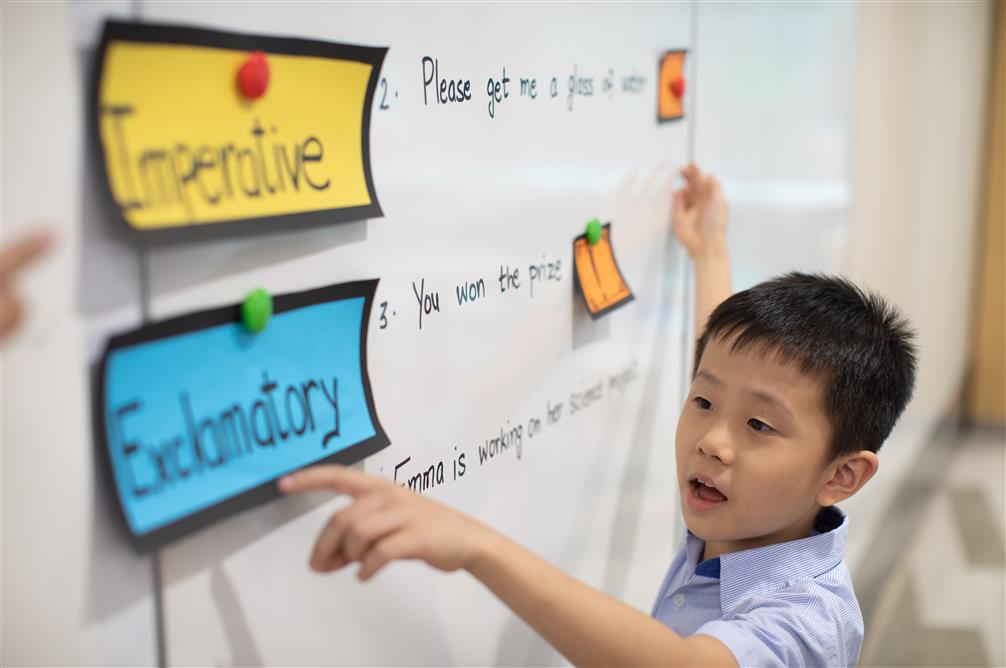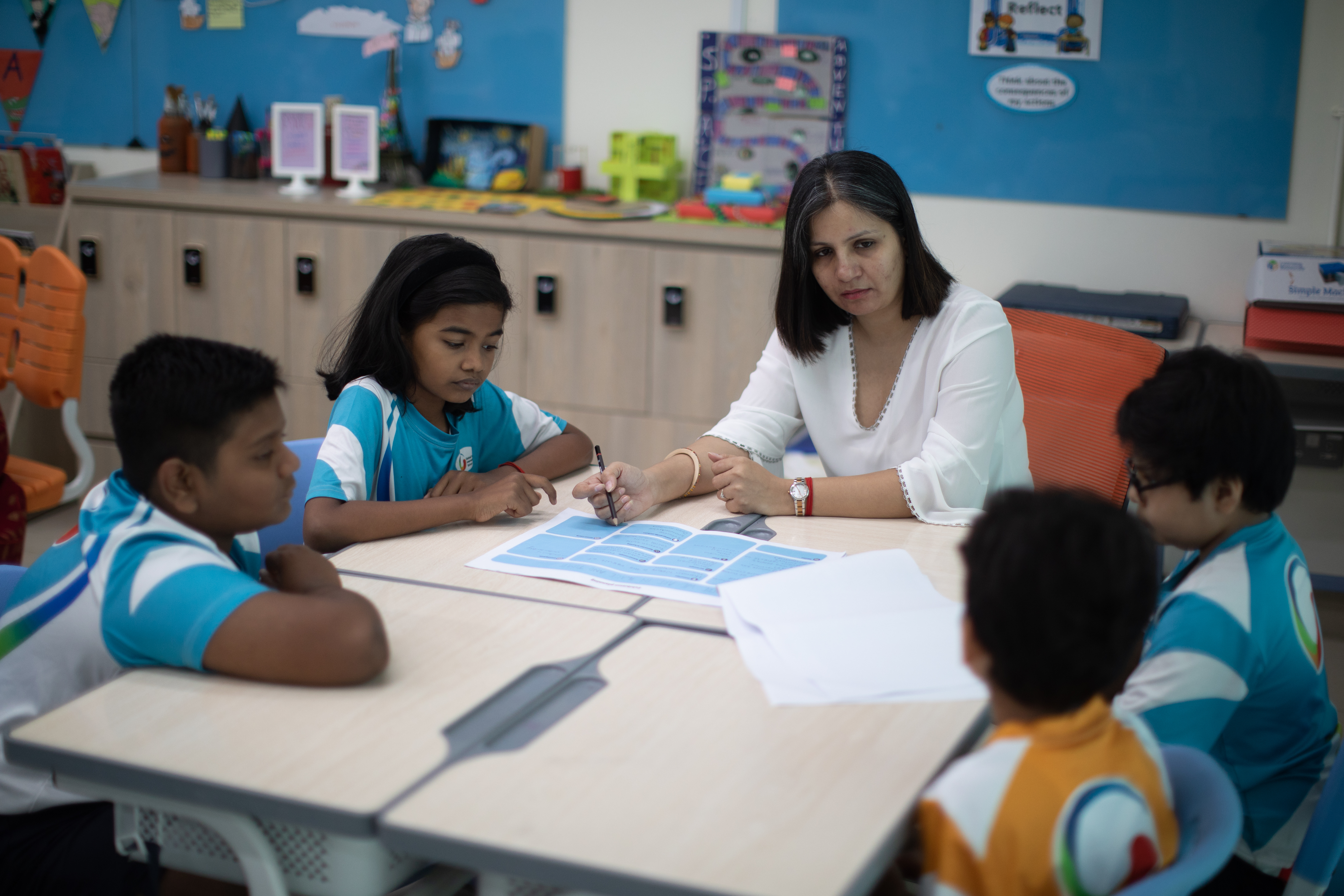
When students attend a school that prioritises inquiry-based learning, they are not only allowed to be curious and ask questions they are required to do so. Curiosity is a prerequisite for participating, and teachers serve as guides rather than instructors. Curiosity helps to prepare the brain for learning, and it allows students to become active learners who better retain the knowledge they acquire throughout their education.
Inquiry-based learning is clearly beneficial during your child's primary years, but many parents do not realise that these benefits extend far beyond the PYP.
Here is a glimpse of the inquiry-led IB Primary Years Programme at GIIS:
Long-term benefits of inquiry-based learning:
Inquiry-Led Learning Allows Both Introvert and Extrovert Students to Feel Confident
An inquiry-based curriculum programme naturally lends itself to differentiated learning, which is the process of catering the learning experience to appeal to the students individual learning style. As such, an inquiry-led model allows all types of students to feel comfortable with the material and engage in the discussion in a way that feels comfortable. After years of learning in an inquiry-based environment, students become naturally confident regardless of whether they are introverts or extroverts. They know how to connect with the material and participate in the learning process while remaining true to themselves. Confidence is a skill that can last a lifetime, and students who enjoy inquiry-based learning are often more likely to become thoughtful, confident and motivated leaders.
Inquiry-Based Learning Encourages Independence, Allowing Students to Become Lifelong Learners
In an inquiry-led learning model, students play an active role in their own learning experience. Ultimately, this leads to a sense of independence that encourages students to continue asking questions and seeking answers long after leaving the classroom. Independent learners know that knowledge acquisition never ends, and they are going to be more motivated to come up with solutions to the most challenging issues faced by an organisation or group.
Inquiry-Led Learning Helps Students Become Better Collaborators
.jpg) Collaborative activities support inquiry-led learning
Collaborative activities support inquiry-led learning
Collaboration is critical in a 21st-century world. Students who have been participating in open-ended discussions for years will find it easy to cooperate and participate in a group setting. They will be comfortable working with people of all ages and backgrounds as they work toward an innovative solution.
Inquiry-Based Learning Allows Students to Develop Real-World Connections
One of the hallmarks of inquiry-based learning is that it helps students connect the material they are learning in the classroom with the experiences they will enjoy in the real world. These connections will last longer than simple knowledge acquisition, which prioritises fact memorisation and reiteration over comprehension and understanding.
Inquiry-Led Learning Teaches Students the Importance of Engagement
In traditional classrooms, some students can get away with passively learning the material while the extroverts participate more often. In an inquiry-based classroom, all students have opportunities to interact and engage with the content, which shows them the importance of staying involved. They are more likely to be active participants in any role that they take on in the future.
 Inquiry-led learning in smaller groups encourage active participation
Inquiry-led learning in smaller groups encourage active participation
At Global Indian International School in Singapore, we have developed an inquiry-based approach that delivers immediate results while also preparing students to become lifelong learners. We are able to implement our inquiry-based curriculum by offering content in a variety of forms, including video, audio and written handouts. Our state-of-the-art digital classrooms provide students with much-needed access to the resources they need to thrive in the interconnected economy of the 21st century. The technology that students use on a daily basis helps them to connect with others, ask questions and know the value of thought-provoking content.
In addition to providing students with the resources that they need within the classroom and adopting an inquiry-based approach that prioritises discussion, GIIS believes in the power of experiential learning. Our students have the opportunity to experience first-hand the topics they are learning about, which helps them understand the material better and make lasting connections. Through experiential learning, we give our primary school students opportunities to ask questions, form their theories and test their ideas.
For more information about inquiry-based learning in our PYP, set up a campus tour of the school today.







Comments ({{totalComments}})
{{comment.Comment}}